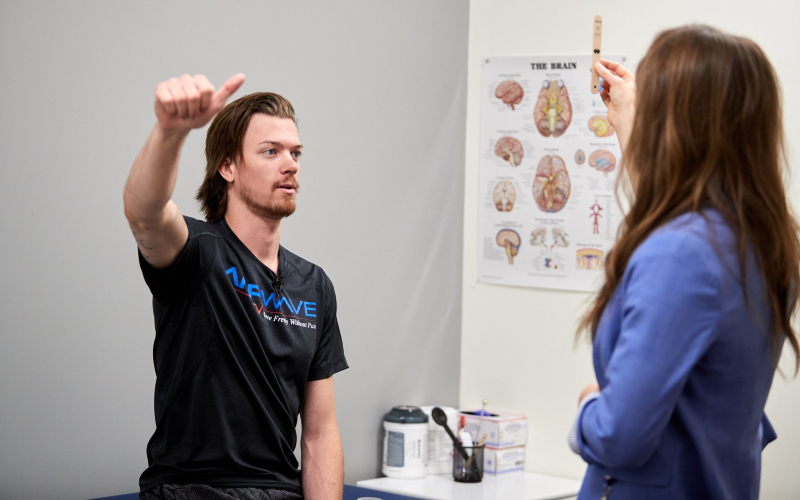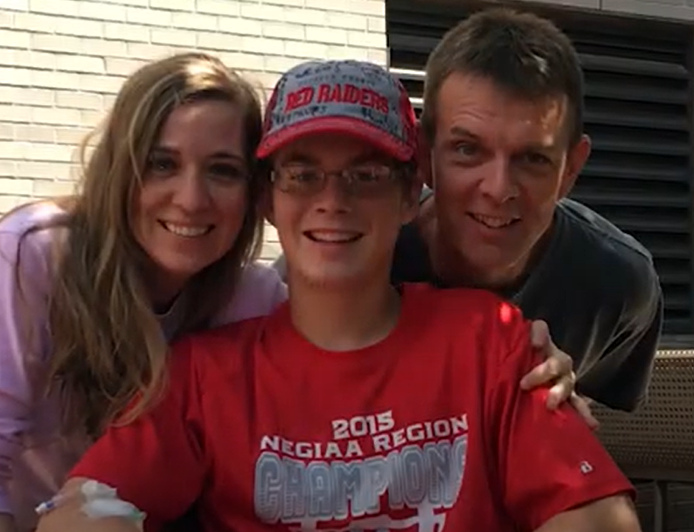Coping with Post-Concussion
Syndrome (PCS)
Strategies from experts and those who have faced PCS.
Adjusting to life with
Post-Concussion Syndrome (PCS)
Life with Post-Concussion Syndrome (PCS), also known as persistent post-concussion symptoms (PPCS), is hard. Symptoms can get in the way of anything that requires you to use your brain: school, work, social life, physical activity, and hobbies can become a struggle while the brain slowly heals. It’s difficult, but there are ways to cope to make your daily life with PCS more manageable.
We’re here to help you through. This page is full of strategies and tips from experts to help those coping with Post-Concussion Syndrome find relief. It’s important to note that every case of PCS is different, so a coping strategy that works for some won’t work for others. Hang in there and keep trying different methods until you find something that works for you.
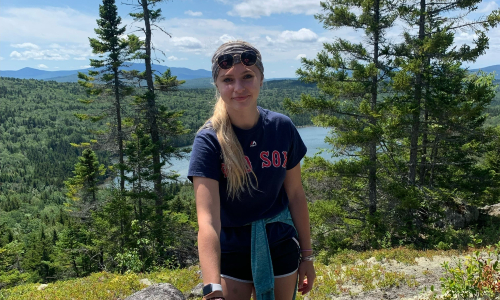
Trust yourself: PCS is real
Not everyone is aware of Post-Concussion Syndrome – even some doctors don’t know that concussions can linger for so long. But rest assured, it is a real thing that happens to real people.
Approximately 20 percent of people who suffer a concussion will develop PCS. Your recovery will become even more difficult if you have to waste your energy trying to justify your illness to those who don’t believe you. Believe in yourself and know science is on your side.
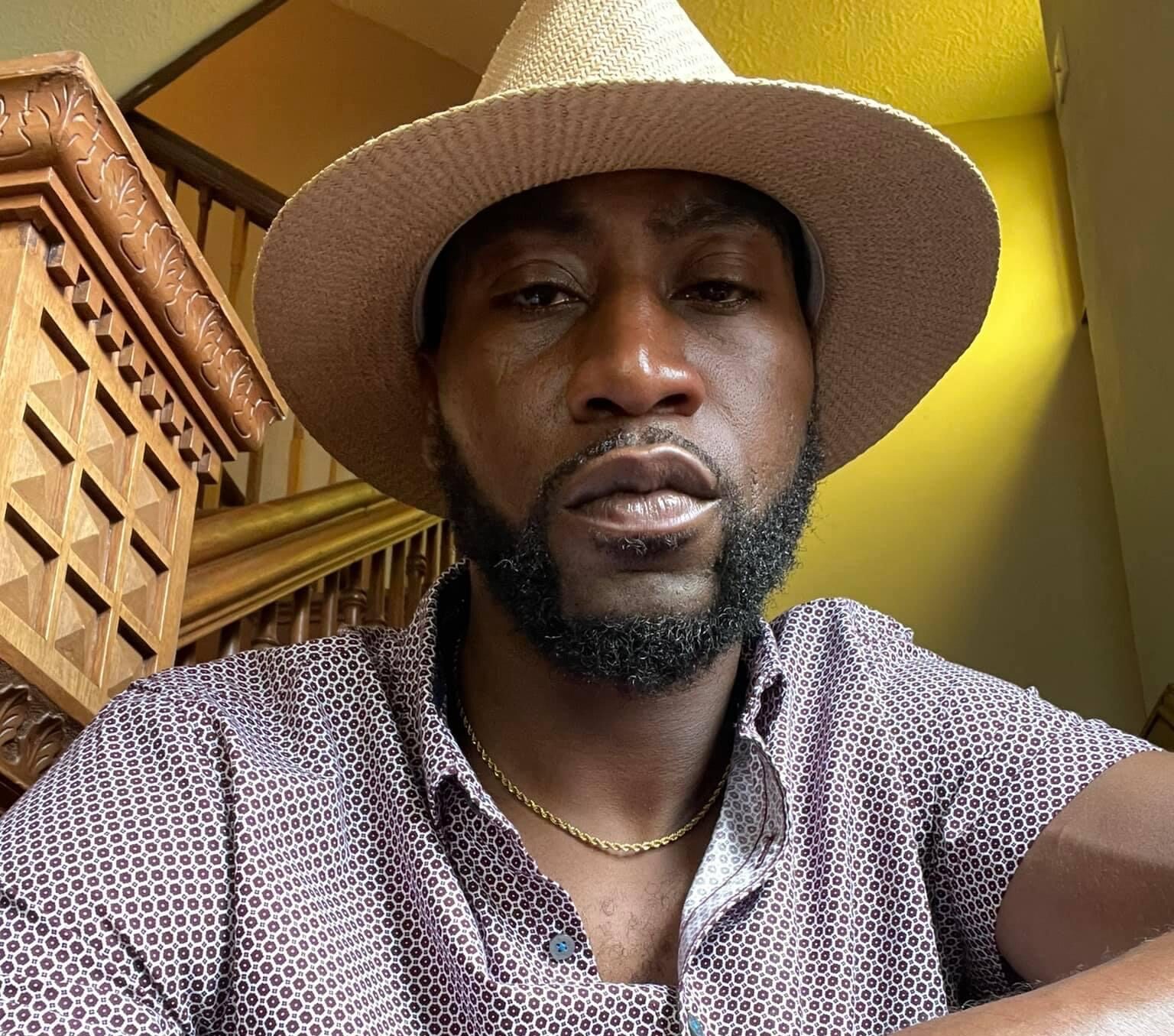
Be patient: PCS recovery isn’t linear
PCS might not get better tomorrow, but it does get better. Timelines for PCS recovery are usually counted in weeks and months, not days. Along that timeline, you’ll have good days and bad days, and often you’ll make a big improvement, then plateau, and maybe even take steps backward.
The ups and downs are normal, and eventually, the bad days will become the exception, not the rule. Try to take things one day at a time (even though it’s hard!), and remember you can have a bad day or even a bad week and still be on the right track to recovery.
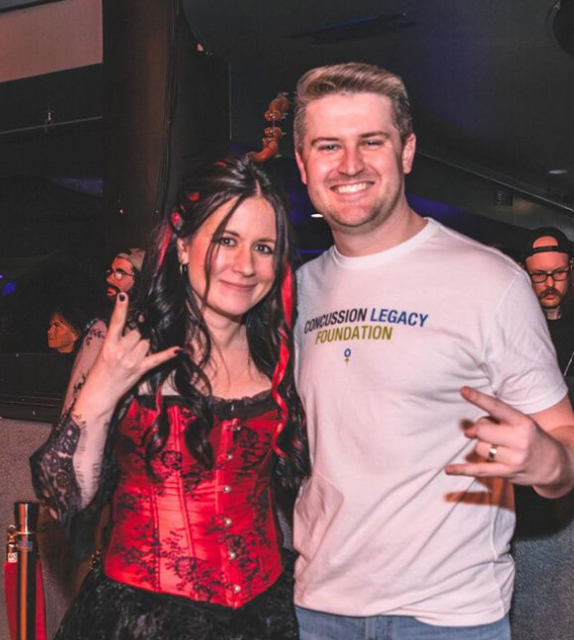
Coping with PCS during times of stress: You’re not alone
Global pandemics, economic downturns, life-altering events, traumatic experiences, natural disasters, financial difficulties, legal issues – these are all events in life that can happen at any time and increase the level of stress you and your loved ones may be under.
Coping with Post-Concussion Syndrome during these times presents additional challenges that others may not understand or appreciate. Perhaps the medical services in your area are becoming overwhelmed, and you’re not sure if you can get your normal treatment.
Perhaps your experience makes you feel isolated or alone. You may be feeling heightened anxiety, depression, or stress. We want you to know we’re here for you with valuable PCS resources and support to aid your recovery.
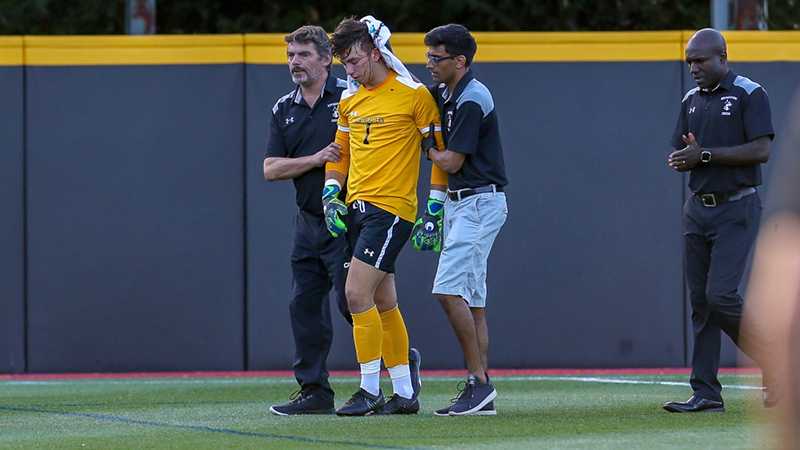
Be honest: Open up to your loved ones
During PCS recovery, it’s critical to have a support system by your side. If you can be honest about your persistent post-concussion symptoms and what you’re going through with close friends and family, they’ll be better prepared to support you.
Noah Abrams suffered from PCS while playing soccer at Northeastern University. Opening up to his teammates, friends, and family made all the difference for him. He says, “There is no shame in admitting that sometimes things get so hard you can’t handle it on your own.”
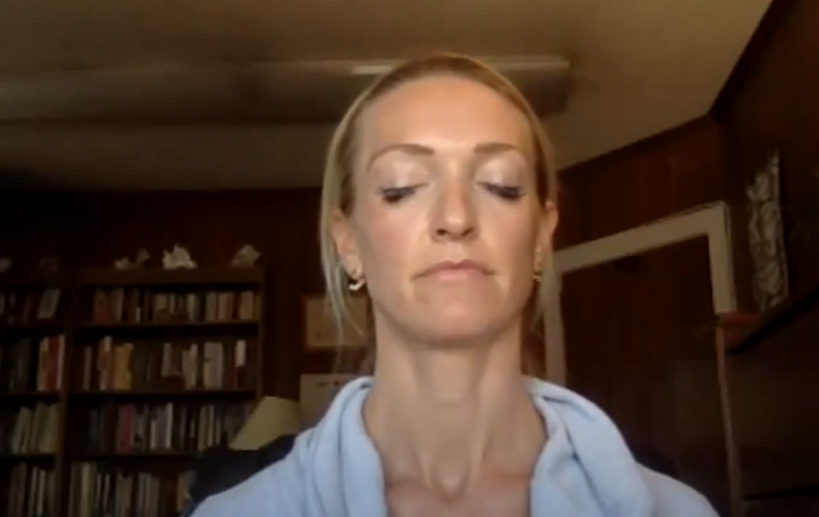
Calm your mind: Try meditation
For an injured brain, stress can become harder to manage and may even trigger symptoms. Mindfulness and meditation can be great ways to promote brain health and well-being. After yoga, traumatic brain injury patients have reported feeling calmer and having improved sleep, emotional well-being, and physical well-being.
James Schorn suffered at least five concussions during his high school lacrosse career. He developed PCS and uses meditation to stay positive and focused throughout his recovery.
If you’re ready to give meditation a try, check out CLF Legacy Family Community member Dr. Shannon Albarelli’s free session for PCS patients.

Switch it up: Explore new interests
When you’re coping with Post-Concussion Syndrome, it’s easy to focus on all the things you can’t do. Your interests and activities might become too difficult and symptom-provoking.
This can be challenging, but there is hope. A great way to cope is to shift your attention to what you can do and work to explore new, low-stimulation interests you wouldn’t have otherwise tried.
Esther Lovett started a blog about her PCS recovery and detailed how she turned to new activities after her concussion ended her soccer career, which led to new friends and new opportunities.

Be prepared: Keep the essentials close
Environmental stimulation, such as sensitivity to light and noise, often increases PCS symptoms. Using tools like earplugs, hats, sunglasses, or screen filters to reduce that stimulation can help you make it through the day without your symptoms spiking too high.
Don’t be afraid of looking funny or standing out if you need special accommodations to reduce stimulation. Do what you need to do to feel better.
If you get over-stimulated, it’s always good to have an escape plan. If you can map it out ahead of time, try to find a quiet space nearby where you can take breaks or a way that you can easily leave if you need to.
Ally Crich, a PCS sufferer, learned how to build her concussion kit, and it never leaves her side.
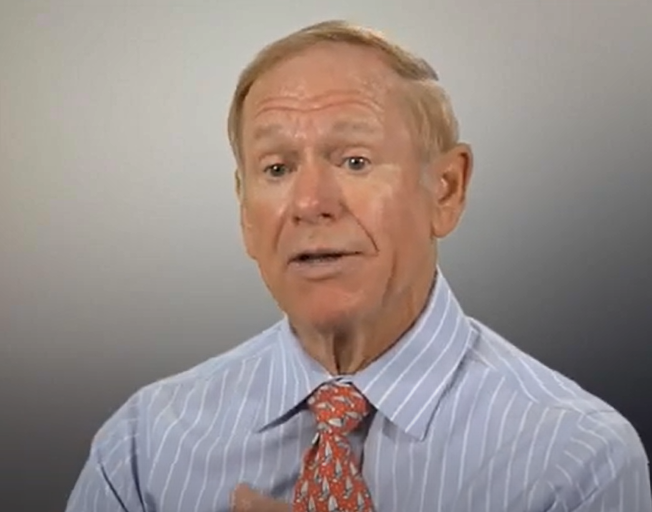
Don’t push it: Rest is key
Resting after a concussion and throughout your PCS recovery is key. It gives your brain a chance to heal and can help alleviate symptoms of concussion in the moment. It can be hard to know when to push it and when to pull back.
CLF co-founder and medical director Dr. Robert Cantu offers his guidance on rest when coping with PCS.
You can also learn from Gracie Hussey and Scott Cohen. Gracie shares how she built breaks into her day to manage her PCS symptoms.
Scott became an expert at finding a quiet place to lie down during his free periods at school. He shares how afternoon naps helped his symptoms and gave him something to look forward to.

Be hopeful: It will get better
Maintaining a positive and hopeful mindset can make all the difference throughout your recovery. It can be hard to cling to hope when the pain of your symptoms is overwhelming, but we want you to remember that help is available and you are not alone.
Watch dozens of encouraging messages from concussion sufferers sharing what helped them make it through.
CLF Chief of Staff and Communications Julia Manning launched an IGTV series to detail how a positive mindset and other perspective shifts helped her when coping with Post-Concussion Syndrome.
Stay informed with our
PCS Resources Newsletter
"*" indicates required fields
Reach out when you
need help
If you’re struggling to cope and would like emotional support, contact the Suicide & Crisis Lifeline by dialing 988 to connect with a trained counselor. It’s free, confidential, and available to everyone in the United States. You don’t have to be suicidal to call.
